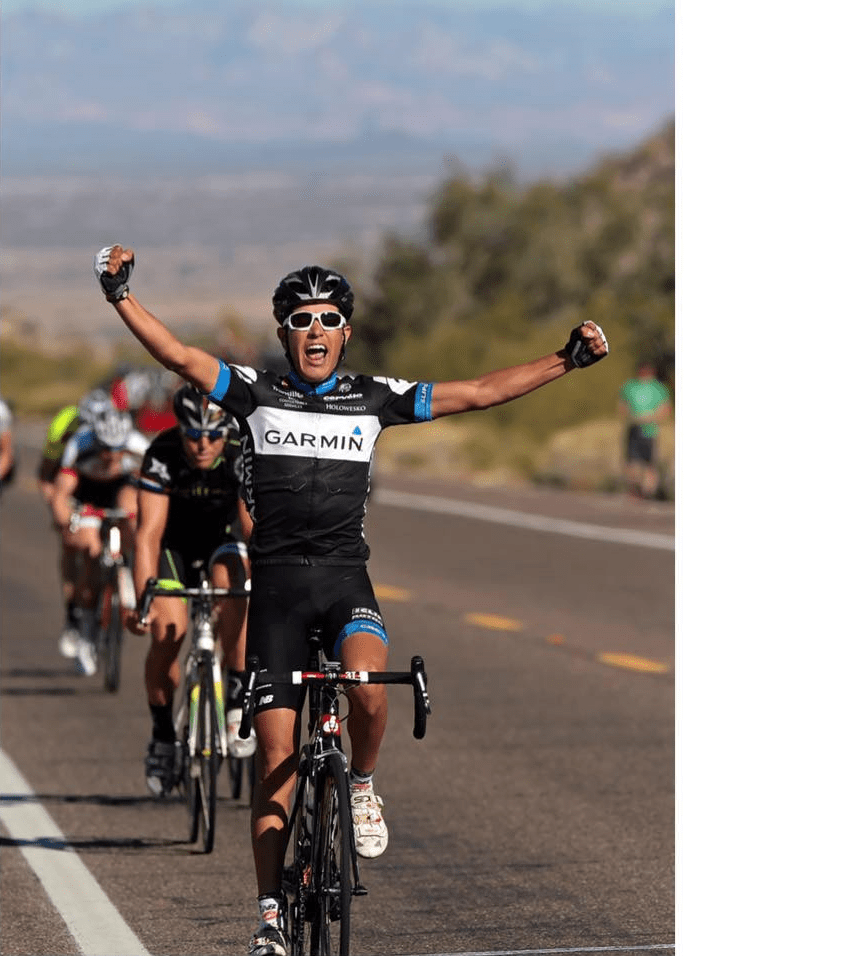Freddy’s origins and how he met del Toro

Source: Freddy Cruz’s Facebook
How did you get into cycling? Did you have any influences (familiy, friends, idol…)?
Yes, my dad started me and my brother in cycling, when I was five years old and he was four. I’m now 33 years old, it’s been a while. So he was basically our influence to get into cycling.
In 2011, you joined Chipotle (Garmin – Cérvelo’s development team). How was that experience and what did you learn from it?
It was a great year. To be honest, it was one of my best experiences. The team was pretty big; back then, it was Chipotle versus Trek-Livestrong for the strongest development team, and we had great results. I finished pretty early my career, because I was misdiagnosed with a heart disease. It was June/July, one day before Philadelphia Classic. However, the months before were really good. We did some team camps and we had big staff on the races. Plus, the environment was really fun and easy: our managers, our mechanics, our soigneurs, us as teammates, we all worked really well together. So I really enjoyed working with Chipotle.
After you left professional cycling, how did you become a coach?
When they diagnosed me, I had to retire of course. For the first months, I wanted to be away from the sport. I was in a depression: my entire life was cycling and I wanted to have gone all in. I had a plan B, which was to start school, and in the first months I didn’t want to care much about cycling. Then, people started to ask me to coach them, because of my ‘experience and knowledge’. I’ve always been the rider who questioned everything about nutrition, physiology and all, I always wanted to know why I was training like that or like this, but at the moment I didn’t want to coach people, I wanted to be a racer. But time passed, until two little kids with their mom approached me, asking me if I could prepare them for the national championships that year. Seeing them all excited, I couldn’t say no. These kids were actually Isaac del Toro and his brother.
After a challenging period in Freddy Cruz’s life, following his forced retirement from professional cycling, it so happened that Isaac del Toro became his first student as a coach! The coincidence proved to be as astonishing as the success was immediate.
I prepared them for a few months and that year, we won the nationals on road, on mountain bike, everything. I never felt anything like that, I was never in the position of the coach, but when I went to the nationals – their parents asked me to travel with them – you can imagine my emotions when they won everything! It was great, so I started coaching riders, and then people from all ages started approaching me. I also started taking courses in physiology and biomechanics; I’ve been a coach since then.

Source: Freddy Cruz’s Facebook
In all these years of coaching Isaac del Toro, was there a moment you knew he was special?
Where we live, in Ensenada, there are several climbs with 3/4 km and [gradient] between 4% and 7%. I had retired from cycling when I was 22 and when I started coaching, I wanted to become all muscle, because of the girls (laughs). I was doing gym and I gained a lot of weight – I’m 64 kilos now, but back then I weighted 74 kilos. So whenever I trained with them [Isaac and his brother] on the hills and we did 18/19 km/h, I was in shock! I knew I was out of shape, but they really gave me a hard time to stay with them. He was a really small kid, 8/9 years old [Angel del Toro was very talented too, but he didn’t want to be a professional]. And I thought ‘this kid is something special, he’s going for something big in the future’.
Talent easily shines in a cyclist, but not everyone has the necessary mindset to harness it. In this context, the importance of Freddy Cruz’s role in shaping Isaac del Toro as both a cyclist and, above all, the person he is today, stands out.
I was conscious [of their talent], but in the first years what I did with Isaac and Angel was to teach them the tactics (what to do in case somebody attacks, to don’t get boxed in the sprint…) but also to have fun and that it doesn’t matter if you lose. Because I knew he was in for something special and I didn’t want him to get bored or pressured when he was just a little kid. That worked out really well and he was able to stay in cycling in a fun way.





